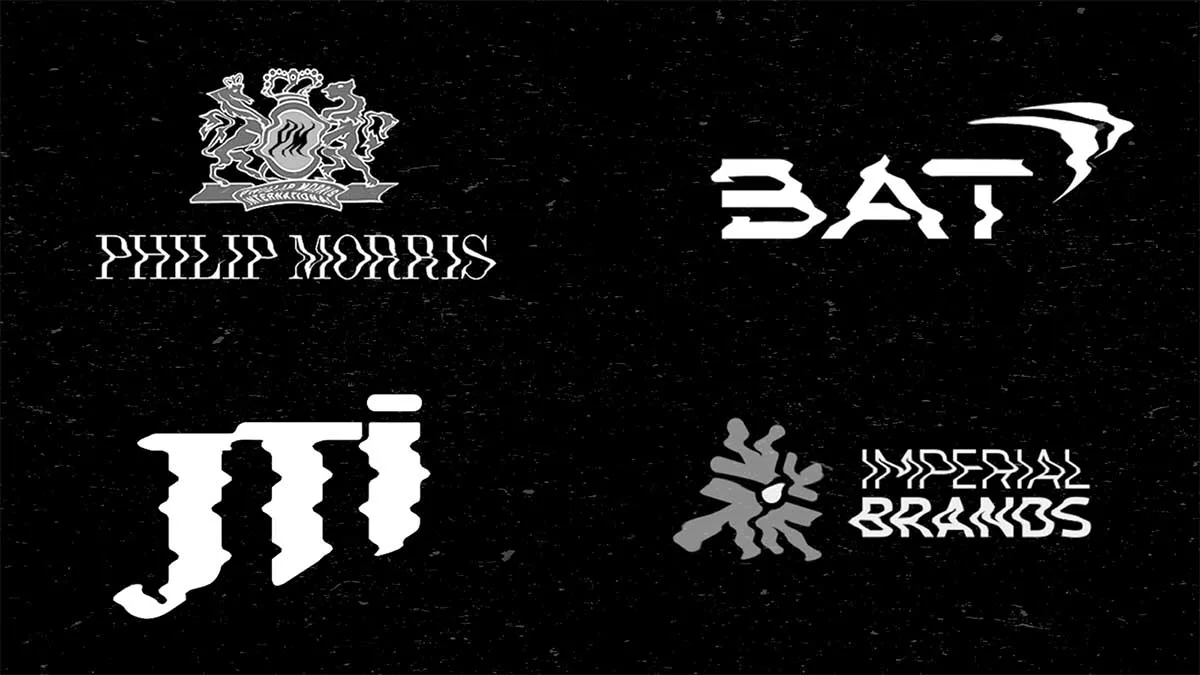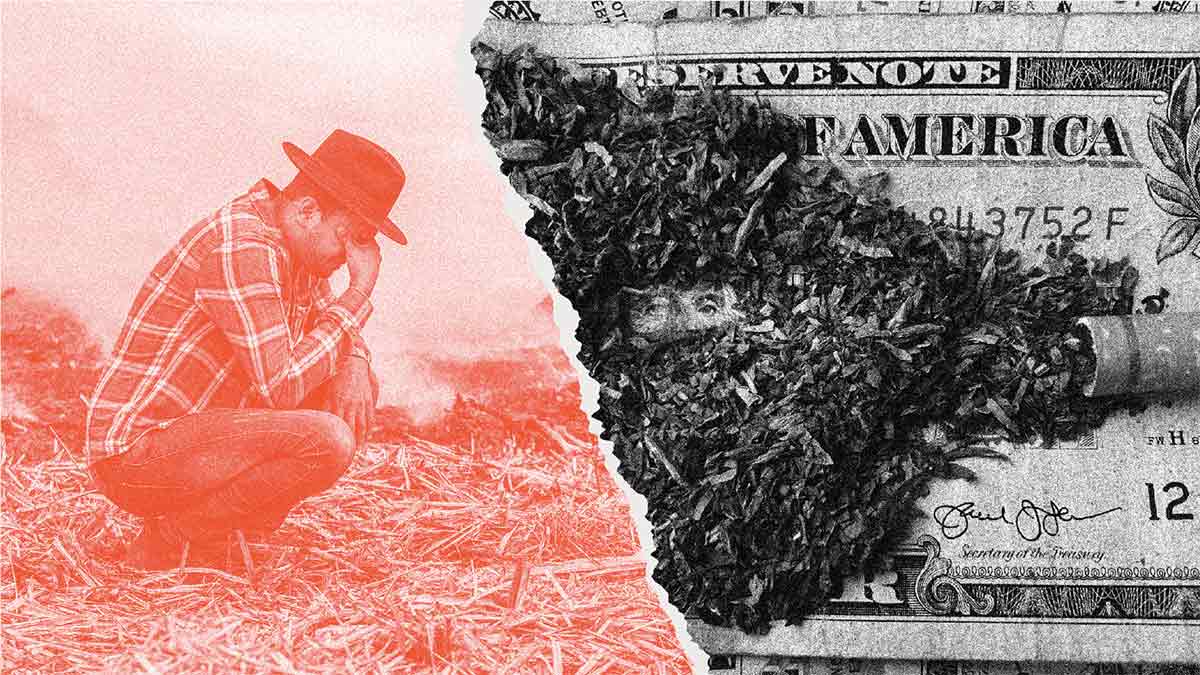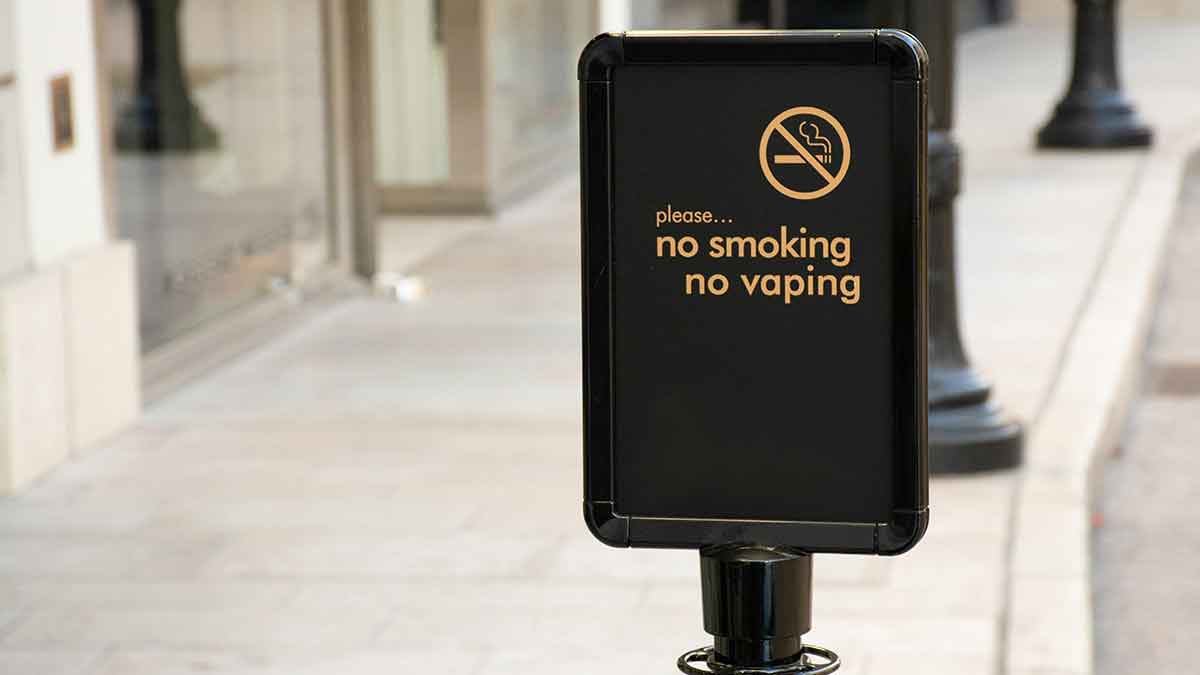- Resources
- News
-
-
Get Email Updates
Sign up for STOP's emails and never miss an update on our latest work and the tobacco industry's activity.
-
Get Funding
Ready to tackle industry interference? You could be eligible for a grant.
-
Share a Tip
Do you have information on tobacco industry misconduct in your country? Let us know.
-
Get Email Updates
Other
April 07, 2020

(New York, April 7, 2020) – STOP (Stopping Tobacco Organizations and Products), a global tobacco industry watchdog, issued the following statement warning governments about tobacco industry activities to use the COVID-19 pandemic to advance its policy and business agenda:
STOP’s networks have detected activity in several countries that suggests tobacco companies are using the COVID-19 pandemic to increase sales and rehabilitate their reputations. Such activities are occurring even as the World Health Organization explained that smokers may be more vulnerable to COVID-19 and at risk of serious illness. We urge governments to encourage citizens to quit outright and to hold the tobacco industry accountable for the harm caused by its products, including harm related to COVID-19.
Such a global public health response to COVID-19 could reduce the death toll from COVID-19 and the 8 million annual deaths caused by tobacco, but the tobacco industry complicates this by:
Undermining public health messages about quitting:
- Individuals linked to the Foundation for a Smoke-Free World, a front group for Philip Morris International, have blurred a potential link between nicotine, tobacco use and higher risk of severe progression of COVID-19.
- A recipient of funding from Knowledge Action Change, a grantee of the Foundation for a Smoke-free World, asserted in an article that large scale switching to e-cigarettes would significantly mitigate against future respiratory viruses.
- An executive at Foundation for a Smoke-Free World promoted on social media an article that raised the possibility that nicotine might reduce the risk of severe COVID-19. That article was co-authored by a researcher in Greece who had previously called the link between smoking and COVID-19 disease progression “weak and inconclusive.”
Marketing of alternative products:
Civil society organizations have reported industry marketing of heated tobacco products adapted to the COVID-19 pandemic.
- In Ukraine, civil society group Life identified online advertisements offering free delivery of IQOS, a product from Philip Morris International, and glo, a product from British American Tobacco.
Lobbying:
Tobacco companies are using the current crisis to improve the regulatory environment for product sales.
- In Italy, a researcher who received funding from front group Foundation for a Smoke-Free World spoke to a journalist about his efforts to lobby the government of Italy to keep vaping shops open. The arguments were subsequently used by the UK Vaping Industry Association in the United Kingdom and the Canadian Vaping Association in Canada to lobby local governments to keep vaping shops open.
- An Imperial Tobacco factory in New Zealand received permission from the Ministry of Business, Innovation and Employment to remain open during a COVID-19 lockdown.
- In the United States, Altria, the maker of Marlboro cigarettes, sent a letter to the Federal Drug Administration requesting an extension to file for authorization to continue selling its e-cigarettes and nicotine pouches.
Use of “corporate social responsibility” tactics:
An established tactic of the tobacco industry is to use crises to develop partnerships with government and to improve their reputations:
- ITC Limited, the largest tobacco company in India, established a COVID contingency fund that proposes to collaborate with district-level authorities on COVID-19 relief.
- In the Philippines, where tobacco industry donations to public officials are prohibited, donations from PMFTC, Inc., a joint venture between Philip Morris International and Fortune Tobacco Company, became the subject of a controversy for being linked to political campaigning of a senator who is a known presidential ally.
- Papastratos, the largest tobacco company in Greece and an affiliate of Philip Morris International, donated respirators to the Sotiria General Hospital of Thoracic Diseases.
- Weeks after being exposed for youth marketing on Instagram related to its alternative product, Philip Morris International donated EUR 1 million to the Red Cross in Romania for test kits, ventilation devices and personal protective equipment.
While governments accelerate their response to the global pandemic, it is important to note that partnership with the tobacco industry would undermine their capacity and credibility to protect their citizens from products that already kill 8 million people every year. Governments should uphold WHO FCTC Article 5.3 Guidelines by raising awareness about tobacco industry tactics as they encourage their citizens to quit outright and hold the tobacco industry accountable for the harm caused by its products including harm related to COVID-19.
STOP will continue monitoring tobacco industry tactics during this unprecedented pandemic. Government and civil society partners can send information about tobacco industry activity related to COVID-19 here.
Please contact the STOP press office for more information or to speak to a STOP spokesperson.
About STOP (Stopping Tobacco Organizations and Products)
STOP is a global tobacco industry watchdog whose mission is to expose the tobacco industry strategies and tactics that undermine public health. STOP is funded by Bloomberg Philanthropies and is a partnership between The Tobacco Control Research Group at the University of Bath, The Global Center for Good Governance in Tobacco Control (GGTC), the International Union Against Tuberculosis and Lung Disease (The Union) and Vital Strategies. For more information, visit exposetobacco.org.


